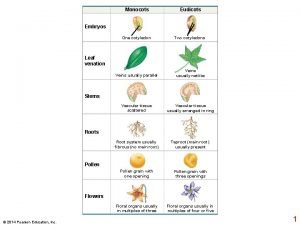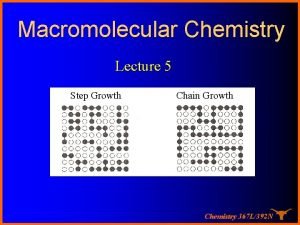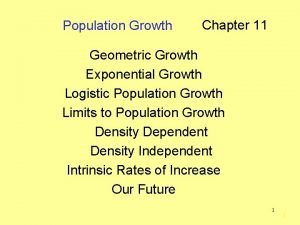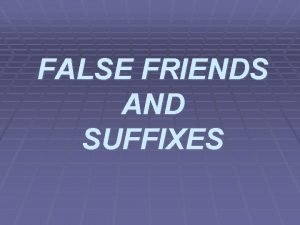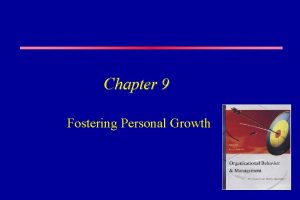Personal Growth Different Kinds of Friends Different Kinds








- Slides: 8

Personal Growth Different Kinds of Friends

Different Kinds of Friends Six different kinds of friends • Proposed by Judith Viorst in “Necessary Losses” 1). Convenience Friends • Persons with whom we exchange small favors; friend relationship with limited intimacy. 2). Special Interest Friends • People with whom we share common activities and interests; a level of regular involvement, but not deep intimacy.

Different Kinds of Friends 3). Historical Friends • Persons who were friends in our past, but who we don’t see often; there may be little in common now, but there is intimacy that comes from being able to say “I knew you when…” 4). Crossroad Friends • Significant friends at a special time of our lives (e. g. college, first job, roommate); little current contact, but the specialness can be quickly regenerated if there is an interaction.

Different Kinds of Friends 5). Cross-Generational Friends • Older-younger relationships that have influence and intimacy (e. g. mentor, non-family friend); older persons are valued for their counsel and acceptance and the younger persons for their liveliness and eagerness to learn. 6). Close Friends • Persons who hear our deepest disclosures and most intimate thoughts; those with whom we trust and with whom we can just “be. ”

Personal Growth Parents: Getting Stuck in Patterns

Parents: Getting Stuck. . . Passive Dependent Adolescence Rebellious Independence Childhood Interdependence Oppositional/ Aggressive Docile Argumentataive Defiant

Parents: Getting Stuck. . . How can you tell if you’re stuck, in any way, regarding your parents? (Shepard) • You don’t want your parents to meet your friends because they embarrass you • You still feel that you’re an extension of your parents. • You want/need your parent’s approval constantly Task of the child/adolescent-stuck person • Get unstuck by learning to do things on your own and becoming more self-sufficient and responsible.

Parents: Getting Stuck. . . The Power of Memories • People often have problems dealing with their parents when they frequently react to memories of both their parents and themselves, from 10 -20 years ago, and not in the reality of today (holding onto the past - the emotions are still there). • Problem for many parents as well • Try any of Shepard’s exercises (pg. 233) that interest you; you can reflect on them in your journal


